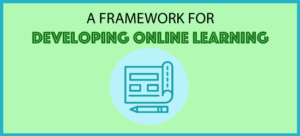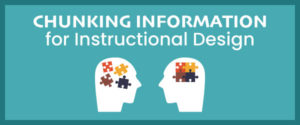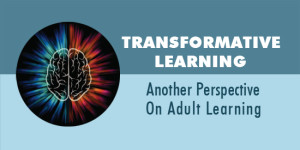Compared to an expert, a novice will have a limited network of knowledge in a domain and inaccurate or fuzzy mental models resulting in less competent problem solving.
Designing For Experts
When designing learning for experts, take advantage of their unique characteristics, such as effective problem-solving. See more guidelines.
Add Realism To eLearning To Improve Learning Transfer
When you have a good sense of your audience through observation and discussion, you’ll be able to add realism to your online learning courses. Here are some practical strategies.
Why Discovery Should Come Before Analysis
The spirit of discovery is often lost in the mindset of conducting an analysis. This is why I think the research and discovery process needs greater emphasis in learning experience design.
Metalearning, The Four Hour Chef, and Instructional Design
Accelerated Learning and Instructional Design
An accelerated learning strategy created by Tim Ferris. The DiSSS method and how to apply it to instructional design.
A Framework for Developing Online Learning
An Instructional Design Process for eLearning
Here is a proven instructional design framework any group (or individual) can use to develop eLearning courses. It is not the ADDIE model.
Does Humor Enhance Learning?
If humor grabs and sustains attention and if it evokes pleasant and positive feelings, why don’t we use it more often in learning experience design? Here is what the research says about humor and learning.
Evaluating Your Online Courses
Evaluating eLearning courses creates, including summative and formative, creates the feedback loop that designers need to continually improve.
Chunking Information for Instructional Design
Chunking information refers to the strategy of breaking content into bite-sized pieces so the brain can more easily digest new information. It reduces the load on working memory.
Get Your Audience Pumped: 30 Ways to Motivate Adult Learners
How can you motivate adult learners who resent taking compliance courses? Here are 30 ways to motivate adult learners.
Transformative Learning: Another Perspective On Adult Learning
Transformative learning causes a shift in a person’s perspective. This happens when adult learners change their assumptions expectations.
Interactive Learning: The Power of Embodied Cognition
Why is interactive learning more effective than passive learning? Researchers think embodied cognition is one explanation.












